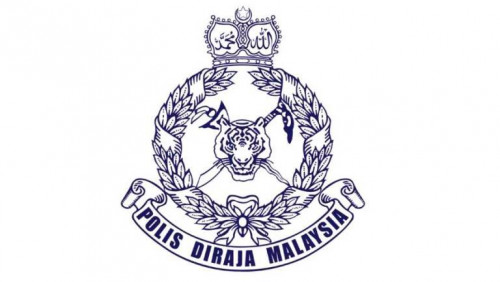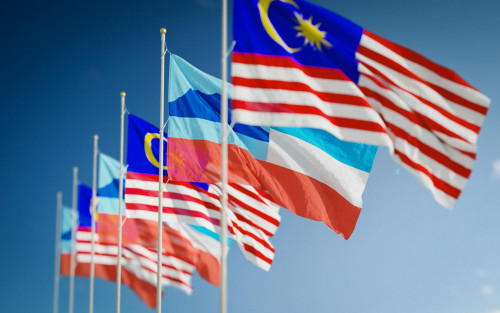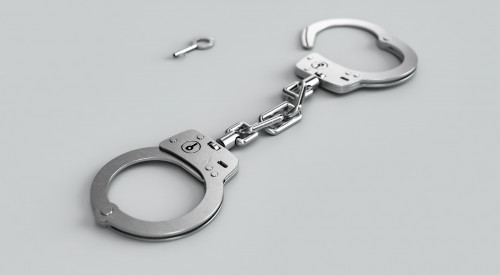
BANK Negara-regulated financial institutions were required to grant a mandatory automatic six-month moratorium when the pandemic struck. Hire-purchase and credit-sales providers regulated by the Domestic Trade and Consumer Affairs Ministry were subject to moratoriums under the Covid-19 Act. However, moneylenders and pawnbrokers regulated by the Housing and Local Government Ministry would only agree to a three-month moratorium even though the prime minister sought a six-month moratorium.
Yet, they were not subject to the Covid-19 Act. Unless this is addressed, the poor will lose even their meagre assets.
Pawnbroking is the business of advancing secured loans to persons with personal effects or household goods used as collateral and deposited with the lender until redeemed. The items pawned are themselves called pledges or pawns, or simply the collateral, and the pawnbroker is entitled to sell this when the person who borrowed the money does not pay it back by an agreed time.
Pawnbroking is available in all countries. It is offered principally by the private pawnbroker, though at various times and in many countries, there have existed public pawnshops with nominal charges and pawn-accepting charities managed by religious bodies to cater for the poor with money obtained from gifts or bequests.
Gone are the days when pawnshops were repositories of history, holding antiques, jewellery, furniture, musical instruments, timepieces, military memorabilia, distinctive pieces of clothing and other items that had been part of a family heirloom, where one could buy or sell rare and unique items. Today, most pawnshops only accept gold items as a pledge.
The attraction of pawnbroking is that it makes credit available without any application process or credit checks. In Malaysia, all that is required is the IC/MyKad/passport of the pawner. It serves as a lifeline for the B40 group to meet their emergency consumption needs and provides capital for microbusinesses, hence, the moniker “bankers for the poor”.
Applicable law
The advent of colonial rule in Malaysia saw the introduction of pawnbroking by Chinese migrants and the enactment of the first ordinance governing pawnshops in Penang in 1871. By 1909, each Malaysian state had enacted a state ordinance on pawnbroking.
The federal constitution stipulates that pawnbroking, along with banking, money-lending and control of credit, is a federal matter. However, the state ordinances governed pawnbroking until they were repealed by the Pawnbrokers Act and the Pawnbrokers Regulations, both of 1972. These have been amended on several occasions, the most significant of which were in 2003.
The law now only applies to loans of up to RM10,000 (Section 3[a]). The Act originally also excluded from its ambit loans of more than RM1,000, where the profit rate was less than 10% per annum (Section 3 [2]). This provision was deleted by the Amendment Act of 2003.
It is not anywhere clarified whether the Moneylenders Act 2003 will cover transactions in excess of RM10,000.
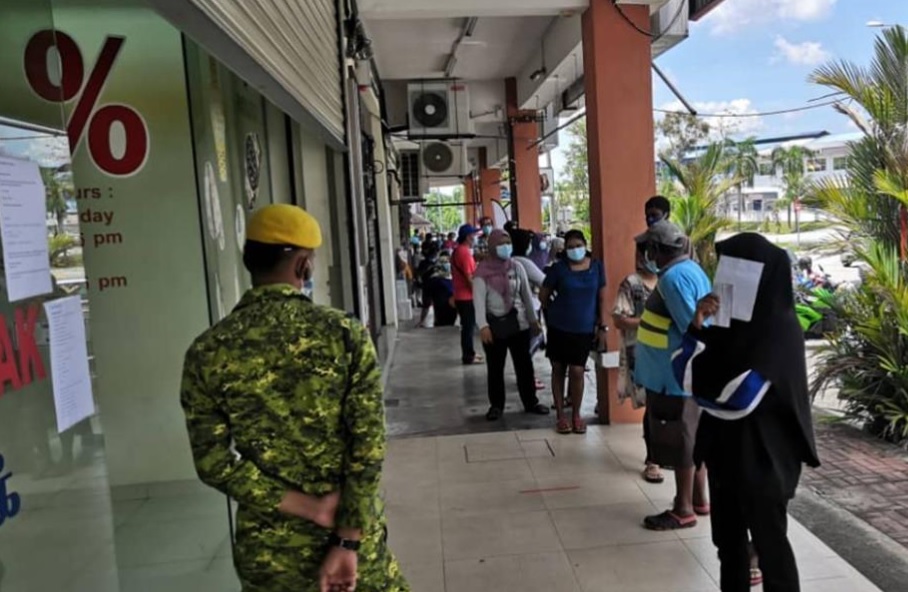
The poor pay more
The pawnshop industry is criticised for lowballing the value of goods and charging exorbitant interest rates to turn a profit. The main points of contention are:
Description of the pledge
Consumer associations often receive complaints that the pawned item has been tampered or substituted with those of lower value whilst in the possession of the pawnbroker. As a result of representations made by consumer associations, the Pawnbrokers Regulations were amended in 1982 to require the following information to be included in the pawn ticket: name of article, weight, length/circumference and type of gold, nature of article and purchase receipt number.
Due to the great influence that the industry had with the ministry, this part of the regulations was amended in 1983 to merely require the name and nature of the article, with the purchase receipt number to be included.
This has been partly remedied by the 2003 amendments to the regulations. It is now required that a “detailed description of the pawned item be included in the pawn ticket”, but there is no specification as to what this would entail (Regulation 12).
The pawnbroker’s book, maintained by the pawnbroker, is required to include a detailed description of the pledge, including name, brand if any, material, weight and length (Regulation 11).
It calls for little imagination to appreciate the opportunities this would provide a recalcitrant pawnbroker.
Value of the pledge
The regulations do not specify how the value of the pawned item is to be determined; it merely requires the “approximate value” to be entered in the pawn ticket (Regulation 12).
In any event, the value of the pledge is immaterial in determining the compensation for the item if any pledge is destroyed or damaged by or in consequence of fire, negligence, omission, theft or otherwise whilst in the possession of the pawnbroker.
This is because the value of the pledge shall, for the purpose of compensation of the pawner, be assumed to be one quarter more than the amount of the loan (Section 22 [3]).
The value of the pledge is also immaterial when there is a default on the loan; if the loan does not exceed RM200, it becomes the property of the pawnbroker regardless of the actual value of the pawned item; if the loan is more than RM200, the pawned item has to be auctioned and the pawnbroker himself may bid for the item and thus, gain ownership of it (Section 23).
Unlike in other jurisdictions, there is no requirement that the borrower be informed that the pawned item is to be auctioned.
The law requires that any surplus from the sale shall be forwarded to the pawner if a claim is made within four months of the auction (Section 25); the surplus is to be submitted to the accountant-general when no such claim is made (Section 26). This is a nonsensical provision because the pawner is not informed of the auction and the date when the auction will occur. In any event, a surplus can only occur if there is an honest auction.
Rate of profit
The Act stipulates that the maximum “rate of profit” that may be charged on a pawnbroking loan is 2% per month, i.e. 24% a year (Regulation 17). This is an exorbitant rate; it is the highest rate of interest charged by any licensed credit provider in Malaysia, be they banks, or any other financial institutions. Even the Moneylenders Act provides that the interest for a secured loan shall not exceed 12% per annum and that for an unsecured loan shall not exceed 18% per annum.
A 24% per annum rate is indefensible, given that the loan is secured with the pawnbroker having possession of the pledge, most often comprising of gold items.
Brunei permits a maximum charge of 5% per annum and Singapore permits a maximum of 1.5% per month as profit, i.e. 18% per annum. – The Vibes, February 7, 2021
Tomorrow: Islamic pawnbroking: is it really Islamic?
Datuk Sothi Rachagan is emeritus professor. He is also a former dean of the Faculty of Law, Universiti Malaya, vice-chancellor of Perdana University and Nilai University and International Association of Consumer Law president. He serves on numerous international consumer protection bodies



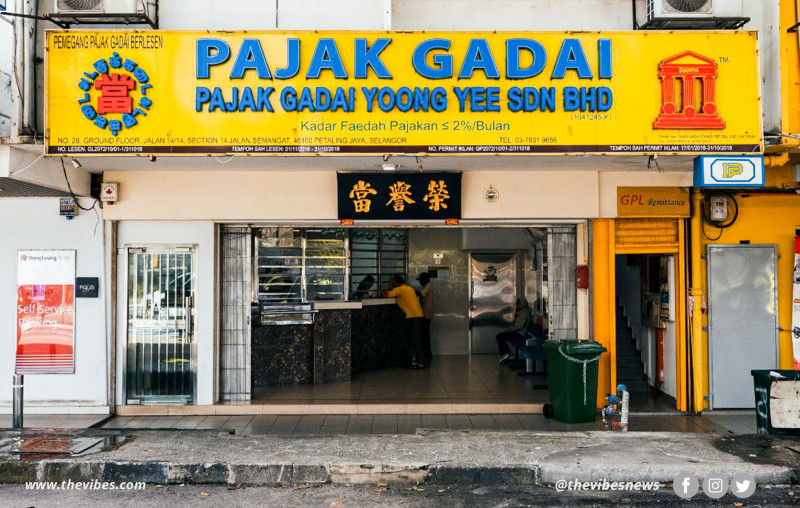


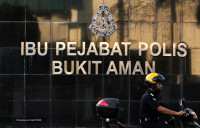

_and_lord_mayor_rajendran_posing_in_a_mock_up_lrt-Ian_pic.jpeg)



